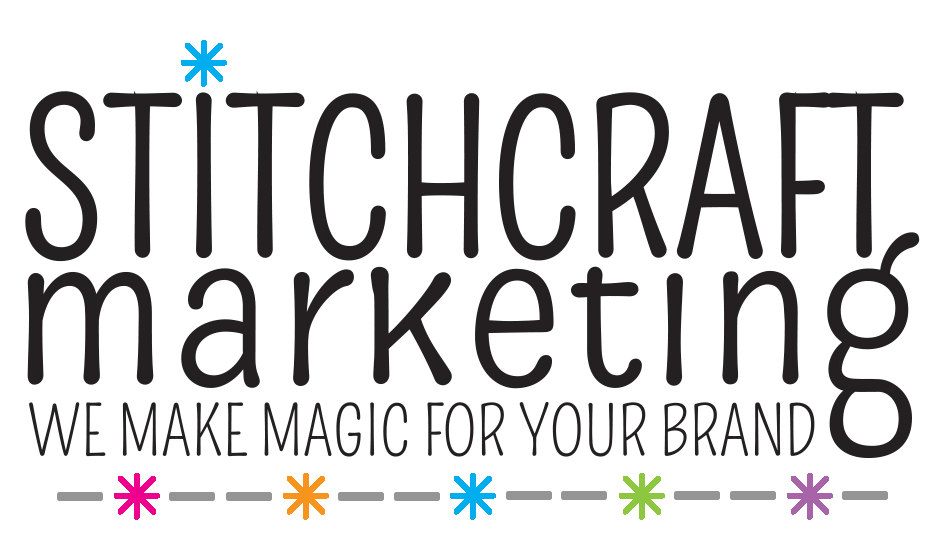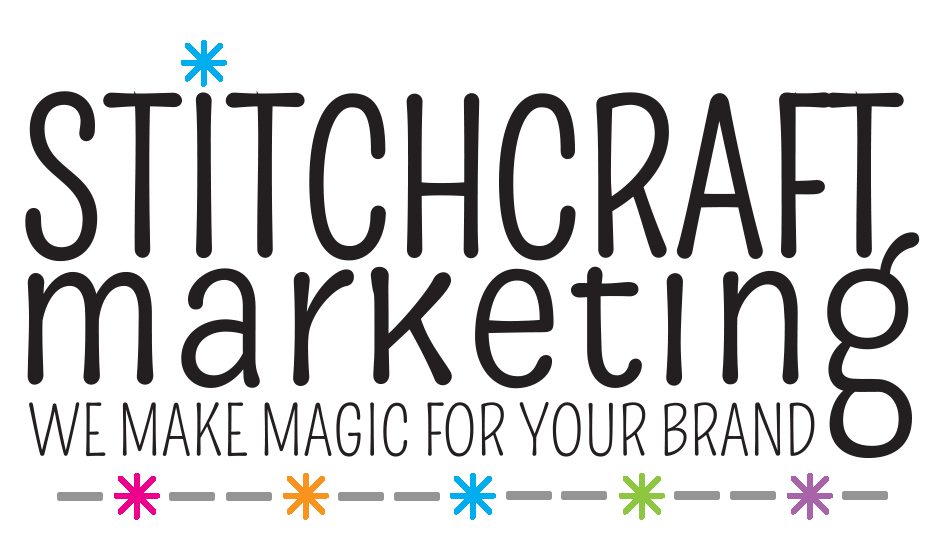Listen to the Show:
Listen to it on Spotify, iHeartRadio, iTunes, Stitcher, or Google Podcasts.
Thank you for taking the time to listen! If you’re enjoying the show, it’s safe to assume there are others out there like you who would also enjoy the show. Help them find it. Click here to rate and review the show on iTunes.
#1. Tell us a little bit about what inspired you and what your mission is with Systemology. (2:00)
#2. When should folks start thinking about systems in their business? (4:30)
#3. What advice do you have when you’re coaching people to delegate and let go? (8:57)
#4. You have something you teach called Critical Client Flow that I want to learn more about. What is that and how does it differ from an SOP? (13:52)
#5. When we advise clients to set up documents to keep track of how they run the business we get push back that it’s always obsolete because they’re changing how they do things all the time. What’s your response to that? (21:10)
#6. You say in your book that the business owner is in fact the worst person to document systems. Why is that? (27:50)
#7. I know a lot of people think that someday they’ll be able to sell their business but unless you have this aspect buttoned up, it won’t happen. Can you elaborate on this from a buyer’s perspective? (30:30)
#8. I noticed on your website Systemology that you have an accompanying software program called SystemHub that you offer people looking to get more help with systems. How does that speed up the process? (34:32)
#9. We use Trello to keep track of all our systems at the agency. Are there other tools you can recommend if someone doesn’t have the budget to utilize a system like the Hub? (36:42)
#10. How do you get employees to be on board with the systems as you’ve outlined them? (40:00)
#11. Where can listeners get in touch with you if they want to learn more about Systemology or the SystemHub program? (44:05)
Key Takeaways:
If your business is key person dependent, then your business is broken. Your business is in danger if something happens to that person. Systems are a great support system so you can define what the standards are so everyone can share a common vision and you don’t need that key person to be there.
SOP vs. Critical Content Flow
-
- A system is a series of steps that, when followed, create a consistent outcome.
- How do you reduce the friction? Record it as you’re doing it, no matter what that looks like, and consider it version 1. Then you can refine it to what you want it to look like. And you need to be careful not to over-document – sometimes simple is better and easier to follow.
- The Critical Client Flow: it is designed to answer the question, where do I start? What are the first 5-15 systems to create up front? Here we identify the linear journey that prospect goes through to become a client. Then you can find the pain points in that critical client flow.
What are the things, from an administrative point of view that have to happen for you to continue. What are those things and how can you systematize those? Don’t get caught up in digital tools that may change (like FB) – think about it in terms of milestone steps you do.
Rather than having the business owner document processes (they tend to try to create the perfect process rather than how it actually works). Instead find the team member in the business that does that process the best (to a great standard, consistently) and have them document what they do. Get other team members to adapt to that standard.
What platforms are most useful?
-
- Project Management – track who does what by when?
- Systems Management – track what are your policies and procedures?
Apply the 80/20 rule – define the handful of systems that deliver the bulk of your results, and develop the how to documents on how it’s done, so it can be applied to individual tasks.


